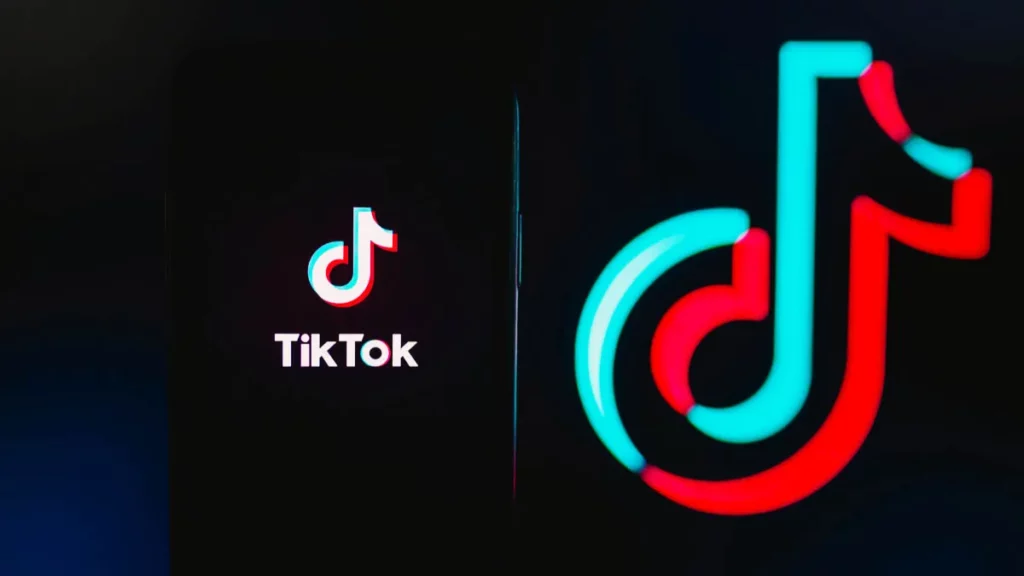
Video-focused short video platform, TikTok, announced on Monday its latest alteration to its video length, with an update increasing the video length upload from three minutes to ten minutes, as it the platform enters a media battle with Russian state media in EU.
The ByteDance owned company told Gizmodo in a statement that this alteration will deliver the platform’s creators with the right mean to “unleash even more creative possibilities,” according to a TikTok spokesperson.
The move marks the video-sharing giant’s latest attempt to increase the services it provides to its users as it confines short videos. The latest adjustment will increase its support for creators as the company is currently on the path of prolonging its content as a new wave of social media content enters the scene, such as YouTube, Instagram, and Snapchat. The prophesied change in tactics comes as an attempt to accelerate their markets’ growth to compete with TikTok’s dominance on young users.
TikTok’s latest update to its not-so-short video length has placed in the rivalry crossfire with some of the biggest companies in the field, such as YouTube Vimeo, which could heighten its fame on a global scale.
While the ByteDance owned platform is seeking the magnification of its popularity for content creation and creators, at the same time, it is playing a pivotal role in the geopolitical scene, more specifically with the Russian-Ukrainian conflict, alongside Facebook and Microsoft.
On Monday, the California-based company silenced Kremlin-backed news agencies, RT and Sputnik on its platform, mirroring the European Union’s (EU) ban on Russian state media.
“We have received requests from a number of governments and the EU to take further steps in relation to Russian state-controlled media. Given the exceptional nature of the current situation, we will be restricting access to RT and Sputnik across the EU at this time,” vice president of global affairs at Meta, Nick Clegg, said in a statement.
In parallel, a TikTok spokesperson addressed the company’s role in restricting the informative influence of these outlets on its platform, stating it too, will be cracking down on these two news agencies and will block them in EU countries. Meaning people will no longer have access to RT and Sputnik content.
Not only these Russian agencies will be restricted in EU countries, but search engine and social networking giants Google and Facebook have also blocked Russian-backed media in Ukraine, in accommodation with the government’s demand. Microsoft also followed in their lead and prohibited state-backed news agencies from using their advertising tools.